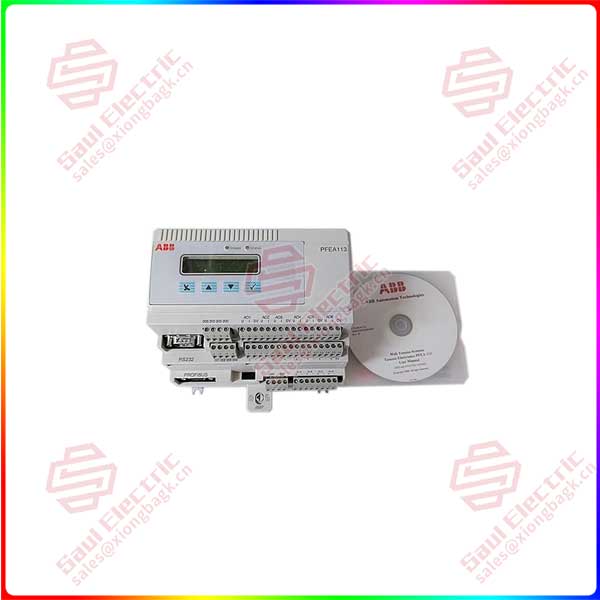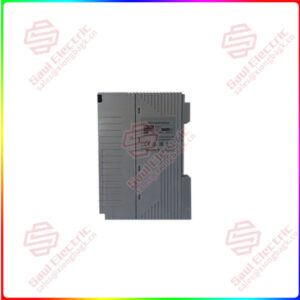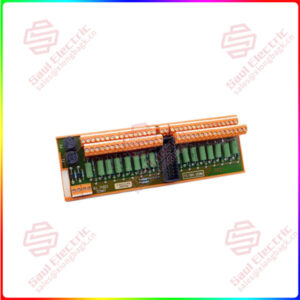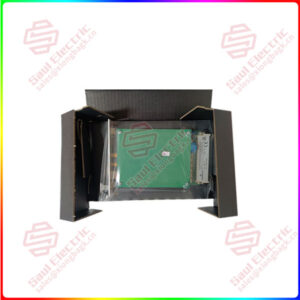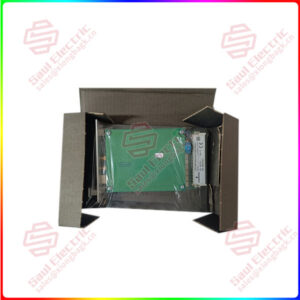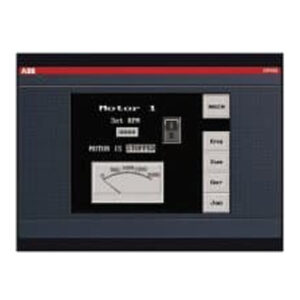Description
Overview
Essential details:PFEA113-20 Web TensionSystems with Tension Electronics
lf you need to inquire or purchase ,please send the product models to my email or call medirectly .
sunny He
[Email] sales@saulcontrol.com
[Mobile] 86-18059884797
[WhatsApp] 86-18059884797
[Skype] sales@saulcontrol.com
PFEA113-20 Web TensionSystems with Tension Electronics
PFEA113-20 coil tension system and tension electronics product features and scope of application are as follows:
PFEA113-20 Coil tension system:
Product features:
High-precision control: Using advanced control algorithms and sensor technology, high-precision tension control can be achieved to ensure that the material maintains a constant tension during the production process.
Modular design: The device has a modular design that makes it easy to install and maintain. It is usually mounted on DIN rails for easy integration into various industrial control systems.
Multi-channel control: There are usually multiple control channels that can manage multiple tension areas at the same time to meet the needs of multi-channel tension control.
PID controller: PID (proportional-integral-differential) control algorithm is used to ensure the accurate control and stability of tension.
Scope of application: Widely used in various industrial fields, including paper and printing industry, plastic film production, cable manufacturing, etc., which require accurate control of material tension.
Tension electron:
Product features:
Multilingual digital display and configuration keys: available in three versions with different levels of performance and functionality. All three versions have multilingual digital display and configuration keys. Configuration keys are used to set different parameters and check the status of the tension system. The 2 x 16 character display can display sum, difference, or individual load cell signals.
DIN Rail version and Closed IP 65 (NEMA 4) version: All three versions are available in DIN rail version and closed IP 65 (NEMA 4) version for installation in harsher environments.
Scope of application: Widely used in a variety of industrial environments requiring precise control of tension, such as paper, plastic film, cable and other manufacturing industries. In addition, tension electrons can also be used in laboratories and scientific research institutions to study and test the tension properties of materials.
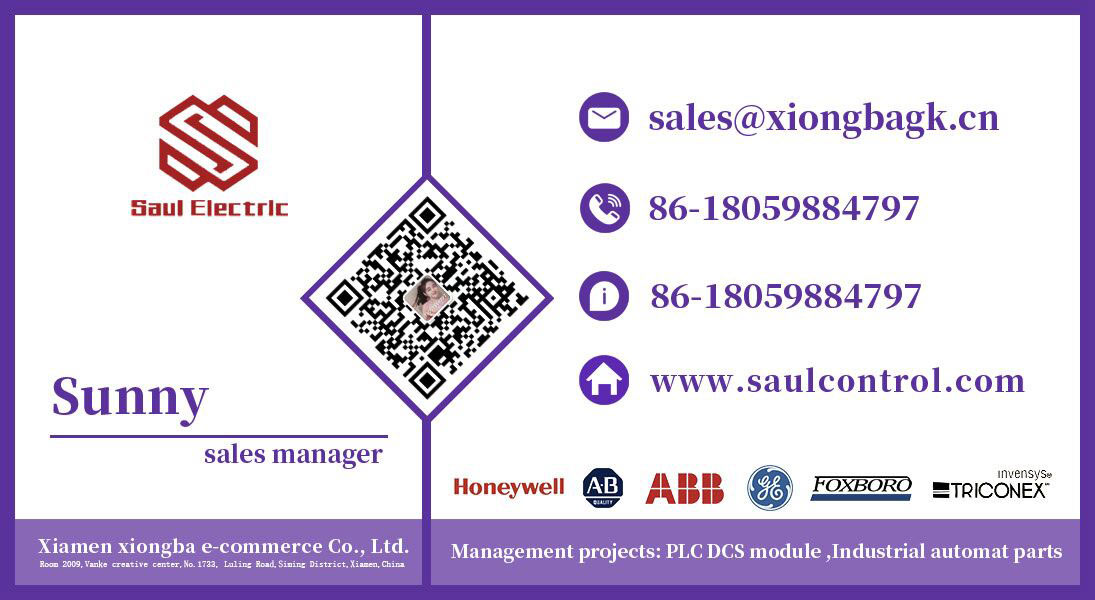
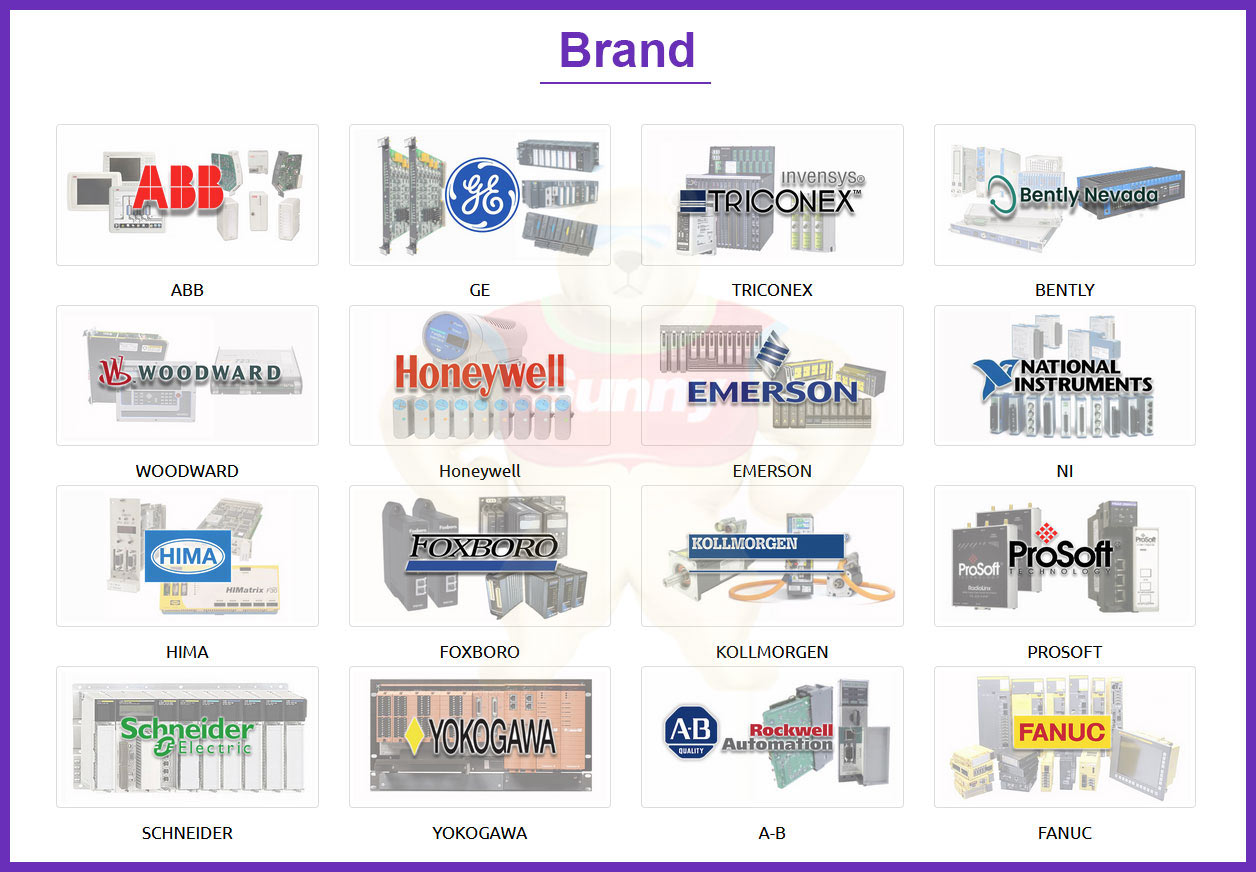
 1 Year Warranty
1 Year Warranty
